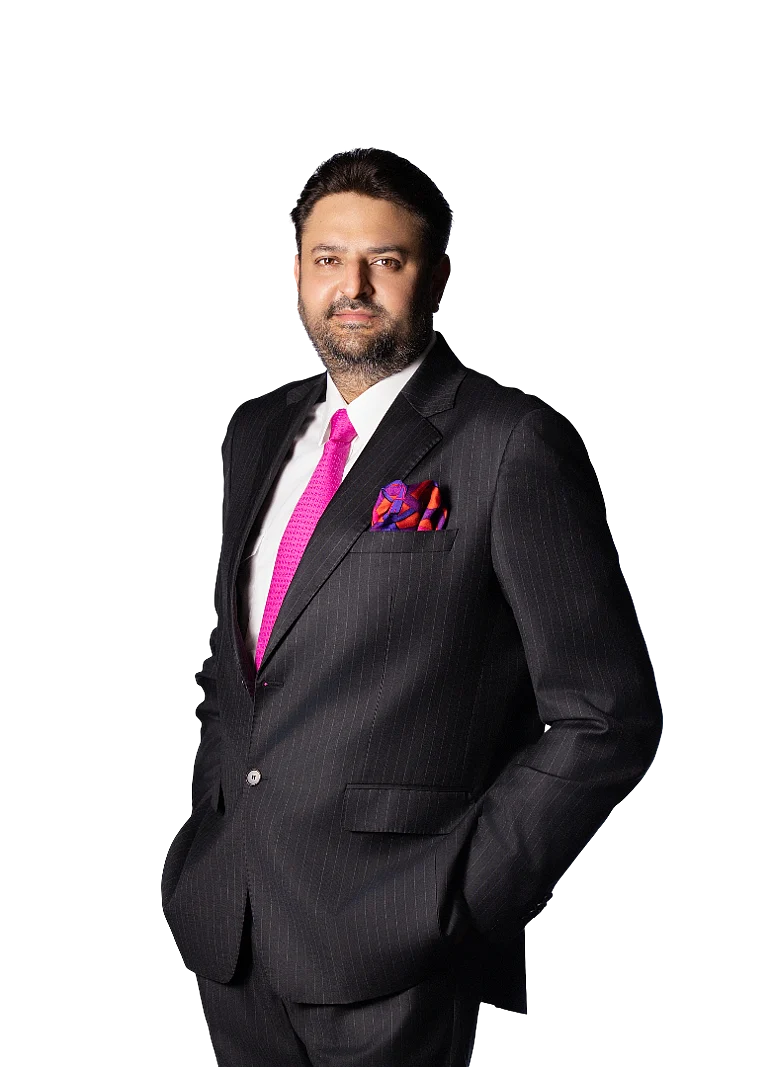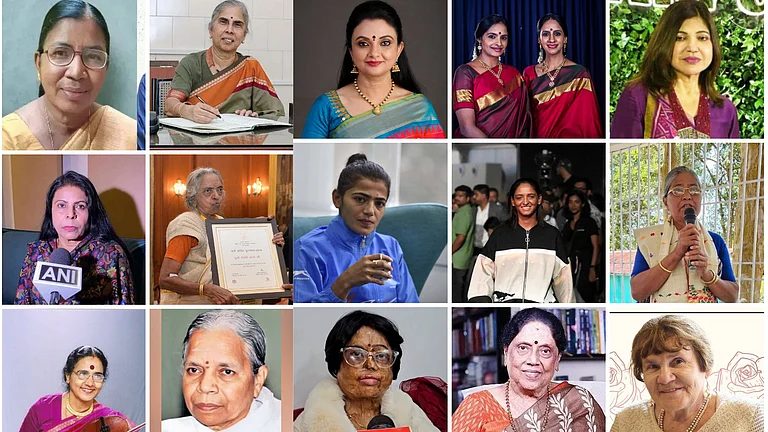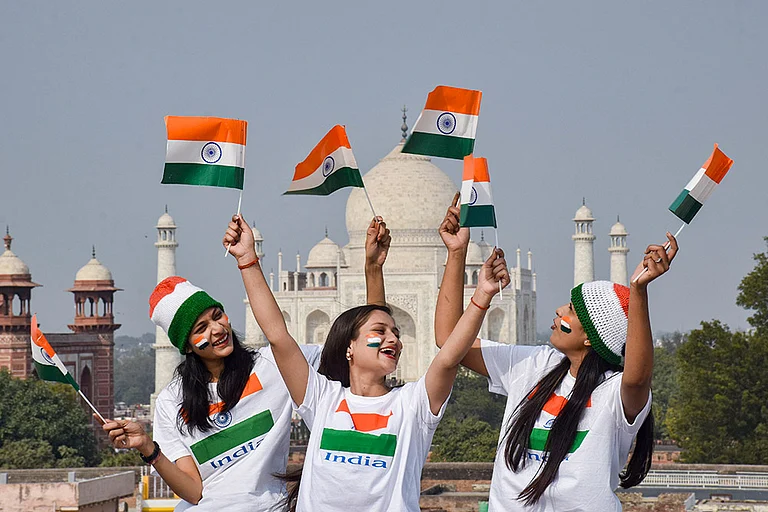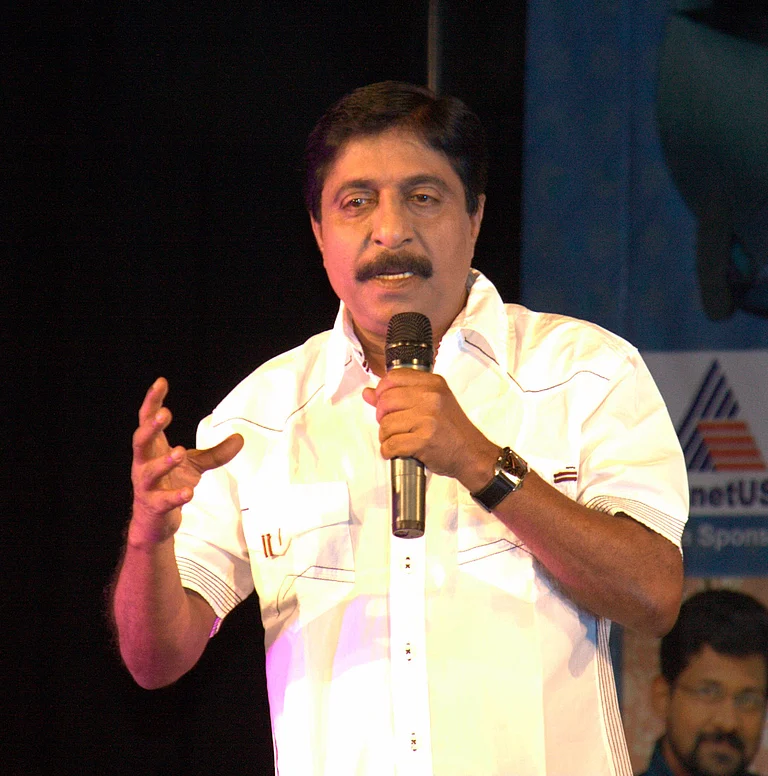Shabana Azmi, one of India’s most iconic actors, marks 50 years in the industry since her debut in Ankur. In an interview with Komal Panchamatia for PTI, veteran actor Shabana Azmi opened up about her illustrious career, her passion for acting, and her continued commitment to the craft.
Born into a family deeply rooted in the arts and activism, Azmi was influenced by her parents, Shaukat Azmi and Kaifi Azmi, from a young age. Her father, a prominent Urdu poet and a member of the Progressive Writers' Association, instilled in her the value of social justice. Her mother, a renowned stage actor, introduced her to the world of performance. Growing up surrounded by creative minds and progressive ideals, Azmi internalized the belief that art could be a force for social change. This belief shaped not only her career choices but also her personal life as a committed activist.
Growing up in such an environment, Shabana absorbed the values of equality, empathy, and activism. Kaifi Azmi’s staunch advocacy for the underprivileged and marginalized communities deeply influenced her own commitment to social causes later in life. “My father’s writing was a reflection of his politics,” Shabana once said, adding that her childhood home was frequently visited by poets, activists, and intellectuals who discussed not only art but also the importance of social change. These discussions provided a formative backdrop for the beliefs she would carry into her adult life.
Shabana often recalls how her parents' deep involvement in activism during her childhood impacted her outlook on life and work. Her father’s poetry, like the renowned Aurat, celebrated the emancipation of women and encouraged them to fight for their rights. These values, instilled at a young age, became central to Shabana’s choice of roles in cinema and her tireless efforts to support causes such as women’s empowerment, communal harmony, and HIV/AIDS awareness.
Reflecting on her journey, she shared her gratitude for still being active in cinema at the age of 74, saying, “When I started 50 years ago, I had no idea that 50 years later, I'll still be working, so it feels really good. I'm hoping that I'll continue working because acting is what I enjoy the most.”
Azmi, who has worked in over 150 films, including critically acclaimed pieces like Paar and mainstream hits like Rocky and Rani Kii Prem Kahaani, believes her career is only beginning. “I always say that my career is about being at the right place at the right time. I've been very fortunate,” she stated.
She remains the only actor to have won the National Film Award for best actress five times, for Ankur, Arth, Bhavna, Khandhar, Paar, and Godmother. Her career has straddled both parallel cinema and commercial blockbusters like Amar Akbar Anthony and Parvarish, demonstrating her range and versatility. “How many people get that? The last two-three years have been very satisfying... But I'm interested in working with younger directors, and also interested in working in mainstream cinema provided it is (with) a person with teeth,” she added.
Recounting her early years, she spoke about starting a Hindi theatre group with fellow student Farooque Shaikh at St. Xavier's College and enrolling at Pune’s Film and Television Institute of India (FTII) in 1971, hoping it would lead her to the National School of Drama in Delhi. Her career took off soon after she graduated, as she landed her first acting offer “just four days later”, eventually debuting with Ankur.
When asked about script writing or directing, Azmi admitted that direction intimidates her: “It is so easy being an actor. When I think of directing a film, so many people have asked me, (but) I find it so intimidating to work on a script and bring everybody on the same level.” She added that she looks forward to collaborating with her stepchildren, Zoya and Farhan Akhtar, on future projects.
Azmi emphasized the importance of women directors in cinema and the need for a feminine perspective, saying, “Because far too long, it has been the male gaze and we need to have a women's gaze. It is not necessary to have feminist gaze but a feminine gaze because I think men and women are different in how they view the world.”
Growing up with progressive parents like theater artist Shaukat Azmi and Urdu poet Kaifi Azmi, she assumed gender equality was a given. “I took gender equality as a given. Only when I turned 19, did I realize that it was an exception rather than the rule and that took me by surprise,” she reflected.
Recalling her first film, Ankur, she acknowledged its pivotal role in giving women substantial roles in Indian cinema. “That was the time when Ankur became a beacon of light for parallel cinema and because it did so well commercially, it opened up a spate of completely different parts for women.”
Azmi has never shied away from activism. In 1985, she participated in her first march against demolitions in Colaba and even went on a hunger strike in support of slum dwellers. Her work for social causes continues, from religious harmony to the rights of HIV/AIDS victims.
Her mentor Shyam Benegal, with whom she worked on Ankur, Nishant, Junoon, Mandi, and Susman, remains an integral part of her journey. “Shyam Benegal has been my guru in everything, not just in acting but in the way I view the world... He opened me up in different ways,” she said, recalling their time together at the Berlin Film Festival.
Despite her vast experience, Azmi admits to wrestling with self-doubt even now. “I try to be as sincere and dedicated to my profession as I was when I did my first film... I work very hard. Even when I’m doing a part, the first four to five days when it’s churning inside me, I go through doubts, self-doubt particularly,” she revealed.
Still, with her enduring passion for acting, Shabana Azmi continues to look ahead, committed to “moving ahead with [her] boots on.”
With her unwavering passion for acting, her desire to collaborate with younger filmmakers, and her continued dedication to social causes, she remains a towering figure in both Indian and global cinema. Azmi’s body of work, spanning from path-breaking parallel cinema to mainstream blockbusters, mirrors her versatility as an actor and her refusal to be confined to any particular genre or role. Off-screen, her voice continues to be a force for social justice, gender equality, and cultural dialogue.
(This story is a revised version of a PTI feed)



























